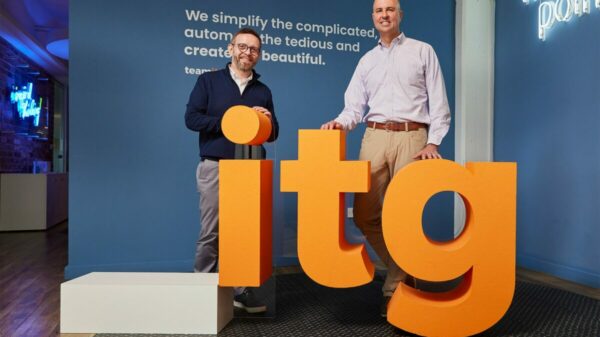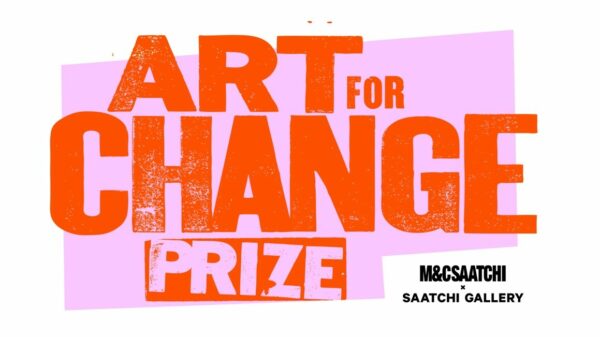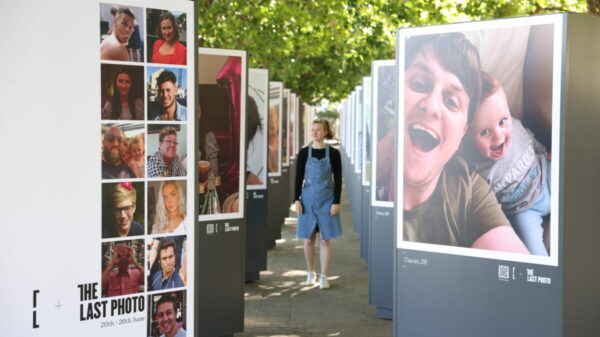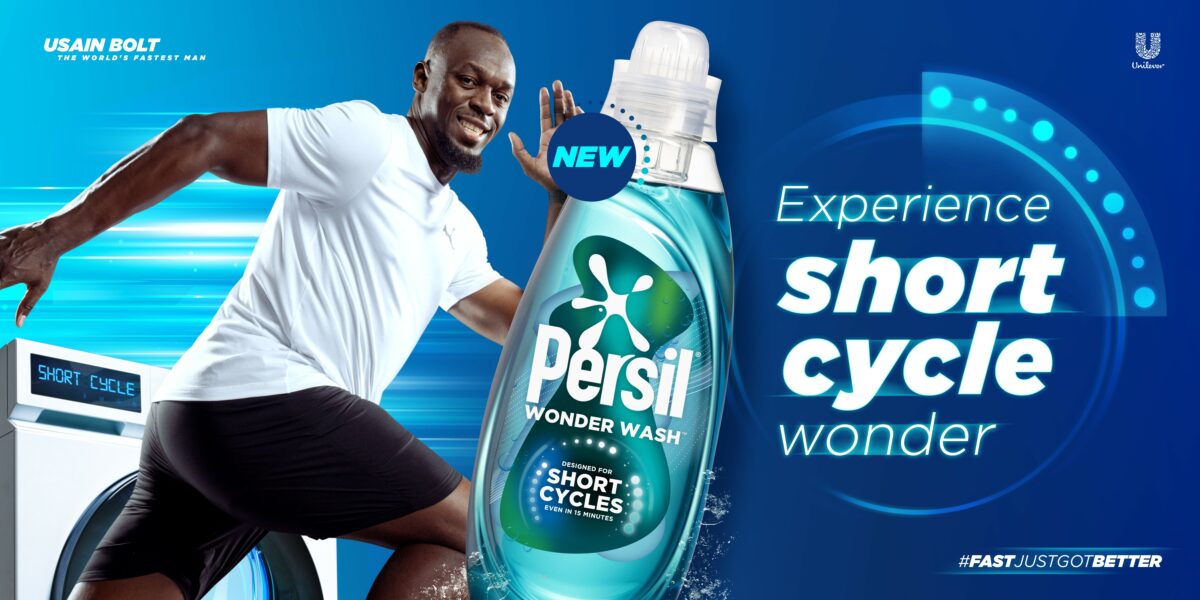Inbetweeners actress Emily Atack is ‘asking for it’ as part of a provocative campaign aiming to change consent law so that only an affirmative yes will really mean yes.
Launched in the run up to International Women’s Day, the new ‘I’m Asking For It’ campaign from Right To Equality and created by CPB London is part of a wider push for a legal move to affirmative consent.
The campaign aims to put pressure on parliament to update the UK’s 20-year-old sexual offence laws to affirmative consent. The change would protect those who don’t say “no” outright, with the understanding that only a “yes” should mean yes.
Atack was selected to head the messaging following her 2023 documentary ‘Asking for It’ on online sexual harassment.
Running nationwide from today (Tuesday), across OOH, press, digital display and social media, the campaign was shot by London-based multimedia artist Anais Stupka, who became the youngest ever winner of the World Photography Competition aged 12.
Appearing across locations including gyms, student unions and student accommodation, the campaign is supported by core partners AMP, Beyond Talent, Goodstuff, Open Media and KWT.
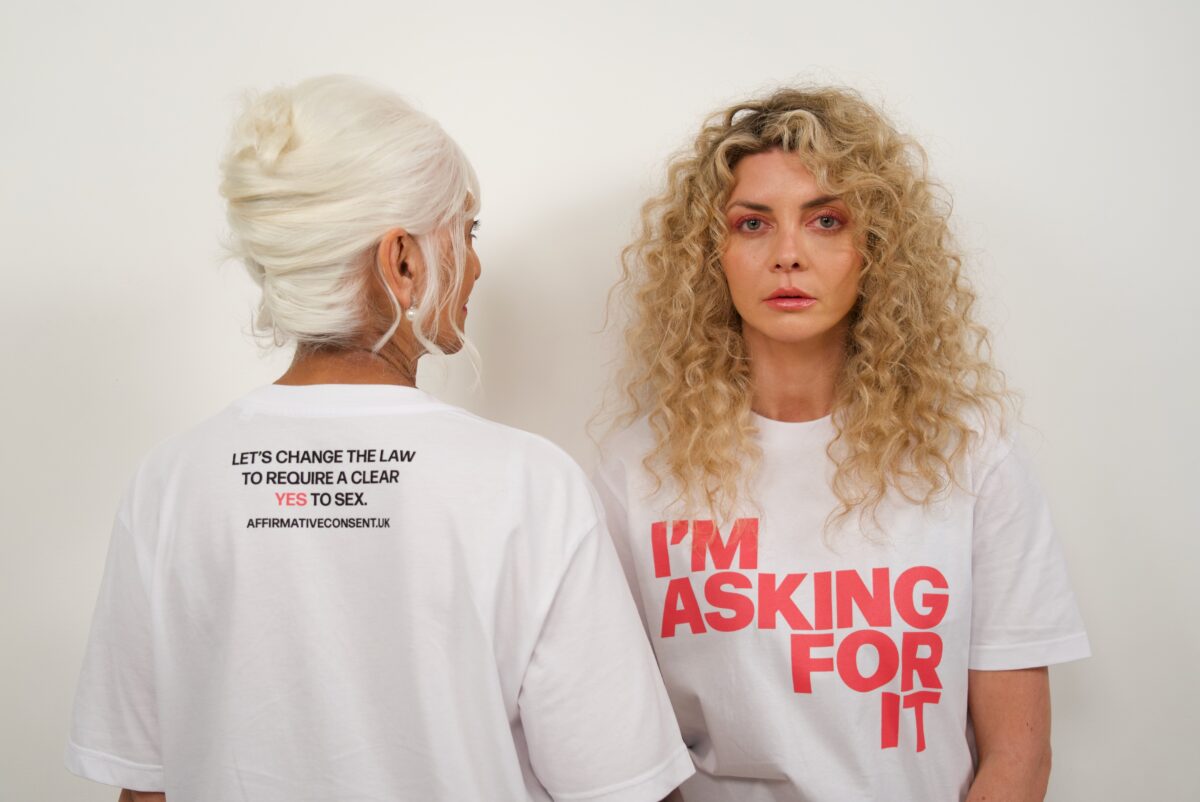
Subscribe to Marketing Beat for free
Sign up here to get the latest agency-related news sent straight to your inbox each morning
The renewed push for affirmative consent follows a survey which revealed that despite the growing discourse in the modern world around consent, one in five UK adults continue to believe that ‘no’ can mean ‘yes’ when it comes to sex.
Additional findings showed that 68% of adults believe consent should be given before every sexual activity even if it’s been given before, while only 13% feel asking for consent before or during sex is awkward.
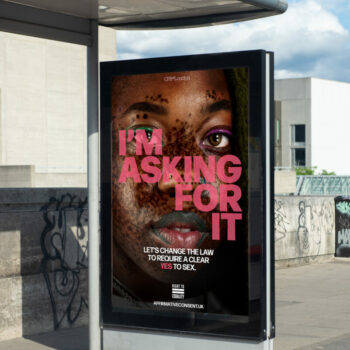
In addition, two-thirds of adult Brits think that changing the law to affirmative consent will lead to more rape cases being successfully prosecuted.
Speaking about her documentary, Atack said: “I realised that it’s the lack of consent that gives so many men a thrill when they hit send on those obscene messages. I didn’t ask for them, I don’t want them – but that doesn’t matter.”
“In fact that’s the point. Consent, or the lack of it, is at the heart of so much sexual harassment and violence that women and girls experience, yet the current law still fails to protect those who don’t say the word ‘no’ outright.”
Atack added: “It’s time to make things simple – only a yes should mean yes. That simple messaging would certainly help inspire more open and clearer communications.”
According to Women in Law’s Advocate of the Year 2023 Dr Charlotte Proudman, proving the absence of consent – i.e. that someone said ‘no’ – is “usually the most difficult part of a rape prosecution”, and is the most common reason for a rape case to fail.
“By contrast, under the Affirmative Consent standard, anything less than a ‘yes’ could not and would not qualify as consent in the eyes of the law. It’s time for change, and I’m asking for it.”






